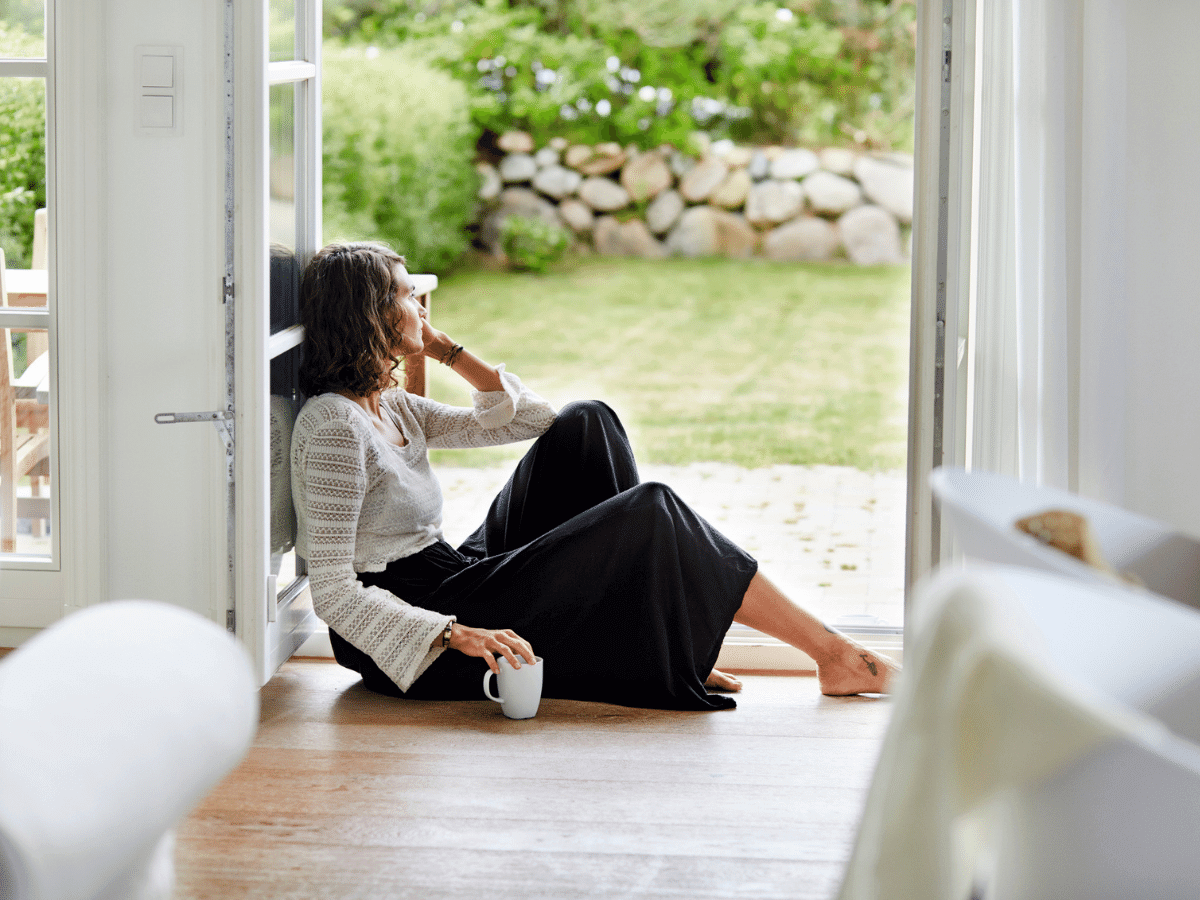Can You Get Seasonal Affective Disorder in the Summer?

Seasonal affective disorder (SAD) is a condition that’s commonly associated with the late fall and winter months when the days are shorter, and people feel “cooped up” inside their homes. It causes depression-like symptoms that come on as the seasons change. However, some people experience seasonal depression in summer — summer SAD, so to speak.
Seasonal depression during summer months may be less common, but it can be just as disheartening and debilitating for those who develop it as fall/winter SAD. This article provides helpful information on the causes and symptoms of summer SAD, as well as strategies for managing the condition.
Causes of SAD in the Summer
What’s sometimes referred to as summer onset seasonal affective disorder can have a variety of causes. They include:
- Disrupted schedules. Those who’ve experienced depression understand that maintaining a routine helps minimize the symptoms. For many people, the arrival of summer can mean significant changes to their schedule. The kids are out of school, family vacations impact work responsibilities, etc.
- Body image concerns. People who are self-conscious about their appearance often are more so in the summer months, when we’re expected to switch from pants and long sleeve shirts to shorts and t-shirts or even bathing suits.
- Poor sleep. Sunlight helps regulate our pattern of waking and sleeping. However, it’s believed that being exposed to too much sunlight can inhibit the production of melatonin, which plays a key role in the wake/sleep cycle.
- Financial worries. Whether it’s family vacations or paying for childcare, summertime can be expensive. Concerns about finances can cause or worsen depression.
- Hot weather. Some people can’t wait for warm weather to return. Others are more sensitive to heat. For them, summer means staying in an air-conditioned space as much as possible.
Never Miss a Beat
Get the health news that matters most delivered straight to your inbox. Sign up for our free email newsletter to stay up-to-date on the latest health and wellness news, announcements, and tips from Baptist Health.
Symptoms of Summertime SAD
Summer SAD symptoms tend to appear as the weather begins to warm and last until late summer or early fall when the days become shorter, and the weather becomes cooler. These symptoms include:
- Feelings of sadness and depression for much of the day on most days
- Low energy level or feeling sluggish
- Trouble concentrating
- Lack of interest in activities previously enjoyed
- Sleep problems
- Changes in appetite or weight
- Agitation
- Feelings of hopelessness
- Recurring thoughts of death or suicide
Tips for Managing SAD in the Summer
While there’s no cure for seasonal affective disorder in summer, there are steps you can take to manage your symptoms. That means you don’t have to “suffer through” the summer months but can get a degree of relief from summer SAD. Take some or all of these actions:
- Be prepared. Summer SAD is, of course, seasonal. So, you know it’s coming. Use that knowledge to your advantage. Plan vacations at a time that’s easiest on your work schedule. Arrange summer childcare well in advance and choose a program that’s good for them and you. Being proactive about summer SAD is important.
- Control your calendar. The options for summertime fun may be endless—picnics, barbeques, boat outings, etc.—but that doesn’t mean you have to attend every event. Be comfortable with declining invitations and protecting your mental health.
- Get plenty of sleep. Both biological and social factors can affect your sleep in the summer months. Take action to ensure you get enough sleep. That can mean anything from getting blackout curtains for your bedroom to help you sleep longer in the morning to avoiding events that run past your preferred bedtime.
- Get a healthy amount of exercise. Staying active helps minimize depression symptoms. Just be sure you don’t overdo it in an attempt to get your “beach bod,” as that goal can lead to anxiety and more depression.
- Get professional help if appropriate. Summer SAD isn’t something you can—or should attempt to—just get over. It’s a mental health condition and support from a mental health professional can be vital in helping you manage it.
Nurture Your Mental Health
You don’t have to suffer through summer SAD. Getting summer depression treatment is good for you and those around you. If you need help dealing with seasonal affective disorder in the summer, you can find a behavioral health provider near you in Kentucky and Southern Indiana.
Next Steps and Useful Resources:
Find a Provider Near You
Learn More About Our Behavioral Health Services
How to Prevent Seasonal Affective Disorder (SAD)
How Can You Help Someone with Depression?
How Does Depression Affect Sleep?



